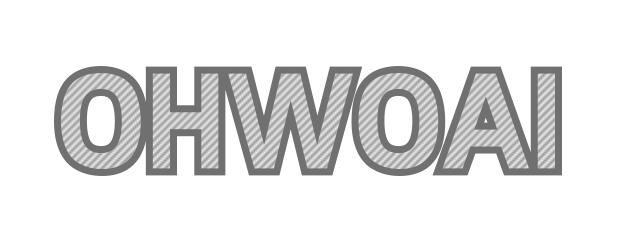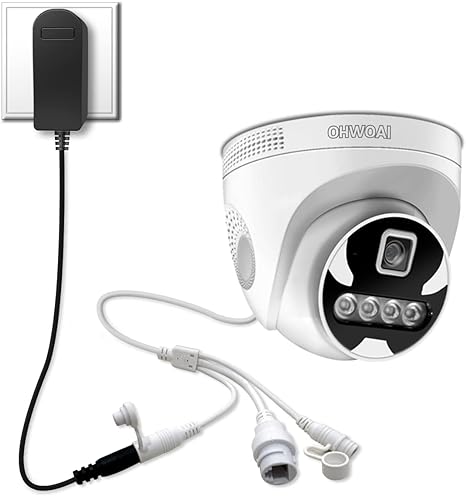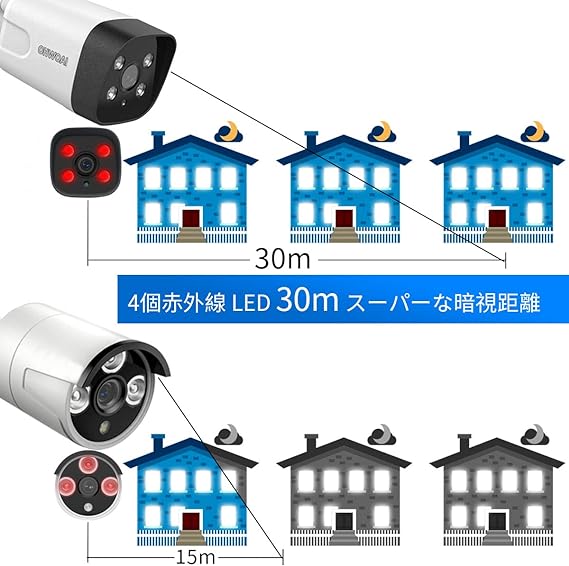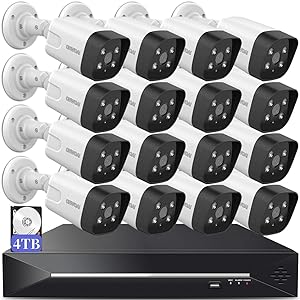A typical surveillance system includes the following components:
1) Monitoring front-end: Collects information on monitored objects and can set up alarms. Monitoring front-ends are usually divided into two parts:
Common camera + video server: A common camera is an analog or digital camera, and the original video signal is encoded by the video server and transmitted to other devices over the network via TCP/IP protocol.
Network security camera: This is a high-definition camera device that integrates cameras, video encoding, and web services, has a built-in TCP/IP protocol stack, and can be directly connected to a network.
2) Management Center: Responsible for all the work, management, control, alarm handling, recording, playback, user management, etc. of front-end devices. Different functions are usually performed by dedicated servers.
3) Surveillance Center: To centralize the monitoring of a specific area, including TV walls and monitoring client groups. There can be one or more surveillance centers in the system.
4) PC Client: Besides the monitoring center, you can also use a PC to connect to the network for remote monitoring.
Currently, video surveillance systems face the following major technical challenges:
1. Media Distribution Current video surveillance systems are generally relatively simple in terms of media distribution. In general, users access network cameras directly or through video servers for simple media transmission. However, as the number of users increases, an efficient media distribution mechanism becomes increasingly important and is an important metric for evaluating the performance of a video surveillance system.
2. Recording storage Currently, network-based video surveillance systems usually use a central recording server to store recording data. Although a central recording server is easy to manage, secure and reliable, real-time recording significantly increases data traffic and puts a heavy load on the network. Storing recording data in a distributed manner can reduce the number of video streams and reduce the burden on the network, but distributed recording data can complicate recording management and significantly reduce the security of recording data. Therefore, in the future, distributed and differentiated storage solutions will need to be adopted to meet ever-increasing storage needs. OHWOAI's wireless and poe-powered security cameras capture higher quality images and can record with greater detail and clarity. The popular security camera + solar ranking has an irradiation distance of up to 24M, allowing you to clearly record even the smallest details such as distant car numbers and people's faces, enhancing the evidentiary value.
3. Concurrent Scheduling The users of a monitoring system are diverse and unpredictable, and their purposes are also diverse. Therefore, a monitoring system needs to solve the contention problem when multiple users access the same monitoring point at the same time. In such a case, priority and allocation mechanisms must be considered.
Based on years of experience in the audio and video field, OHWOAI has developed a video platform that supports various protocols such as ONVIF, RTSP, GB/T28181, etc., to meet the needs of multi-channel video analysis. In addition, OHWOAI has developed a high-resolution intelligent analysis alert system platform by utilizing advanced technologies such as 3D mapping, one-screen multi-control, and augmented reality (AR). Even if you use security cameras to capture evidence, if the image quality is poor and you cannot see the face of the criminal, there is no point in installing them, so when choosing a security camera, you need to look at the image quality and resolution.
In addition, we provide a variety of solutions, including many video surveillance systems intelligent comprehensive management platform, smart campus management platform, business customer flow intelligent management platform, etc., for different industries such as safe city, IoT, business management, school, power, etc. According to market demand, we also provide services such as video analysis system development and hardware customization, aiming to provide customers with a smarter and more efficient application experience.
Sample block quote
Praesent vestibulum congue tellus at fringilla. Curabitur vitae semper sem, eu convallis est. Cras felis nunc commodo eu convallis vitae interdum non nisl.
Sample lookbook gallery
Sample paragraph text
Damus id ullamcorper neque. Sed vitae mid a cosmo pretium aliquet an sedo delitos. Pellentesque nulla eros accumsan quis justo at tincidunt lobortis denimes loremous. Suspendisse vestibulum lectus in lectus volutpat, ut dapibus purus pulvinar. Vestibulum sit amet auctor ipsum. Proin molestie egestas orci ac suscipit risus posuere loremous.




